On June 29, The Farmlink Project helped facilitate the haul of 80,000 pounds of potatoes from Alsum Farms in Wisconsin to the Midwest Food Bank locations in Indiana and Illinois. Midwest Food Bank will be able to distribute the loads to support suffering populations in Indianapolis and central Illinois.
The starchy vegetable is rich in many macronutrients, with ample amounts of amino acids, vitamins, and minerals. For those facing food insecurity, potatoes can provide a strong nutritional value to their plate.

The link between the farm and food bank illustrates the passion of farmers, food bank workers, and drivers materializing into change. What could have been a field full of rotten potatoes became a way to serve less fortunate people.
Traveling almost 380 miles from Wisconsin to Illinois, the deal is only a thread in the grand design of the impact of food waste. Discarding surplus food not only harms the environment, but also trashes the chances of donating to food banks.
A couple of potatoes on a plate has the potential to change the course of someone’s day. The ways in which a compassionate farm impacted a mother, child, or family, are too numerous to count.
The field of potatoes quickly became a food source for the hungry. The work of farmers, food banks, drivers, and The Farmlink Project is just beginning, one potato at a time.
< Back
On June 29, The Farmlink Project helped facilitate the haul of 80,000 pounds of potatoes from Alsum Farms in Wisconsin to the Midwest Food Bank locations in Indiana and Illinois. Midwest Food Bank will be able to distribute the loads to support suffering populations in Indianapolis and central Illinois.
The starchy vegetable is rich in many macronutrients, with ample amounts of amino acids, vitamins, and minerals. For those facing food insecurity, potatoes can provide a strong nutritional value to their plate.

The link between the farm and food bank illustrates the passion of farmers, food bank workers, and drivers materializing into change. What could have been a field full of rotten potatoes became a way to serve less fortunate people.
Traveling almost 380 miles from Wisconsin to Illinois, the deal is only a thread in the grand design of the impact of food waste. Discarding surplus food not only harms the environment, but also trashes the chances of donating to food banks.
A couple of potatoes on a plate has the potential to change the course of someone’s day. The ways in which a compassionate farm impacted a mother, child, or family, are too numerous to count.
The field of potatoes quickly became a food source for the hungry. The work of farmers, food banks, drivers, and The Farmlink Project is just beginning, one potato at a time.
Midwest Food Bank
Columbia County, WI, to Indiana & Illinois
On June 29, The Farmlink Project helped facilitate the haul of 80,000 pounds of potatoes from Alsum Farms in Wisconsin to the Midwest Food Bank locations in Indiana and Illinois. Midwest Food Bank will be able to distribute the loads to support suffering populations in Indianapolis and central Illinois.
The starchy vegetable is rich in many macronutrients, with ample amounts of amino acids, vitamins, and minerals. For those facing food insecurity, potatoes can provide a strong nutritional value to their plate.

The link between the farm and food bank illustrates the passion of farmers, food bank workers, and drivers materializing into change. What could have been a field full of rotten potatoes became a way to serve less fortunate people.
Traveling almost 380 miles from Wisconsin to Illinois, the deal is only a thread in the grand design of the impact of food waste. Discarding surplus food not only harms the environment, but also trashes the chances of donating to food banks.
A couple of potatoes on a plate has the potential to change the course of someone’s day. The ways in which a compassionate farm impacted a mother, child, or family, are too numerous to count.
The field of potatoes quickly became a food source for the hungry. The work of farmers, food banks, drivers, and The Farmlink Project is just beginning, one potato at a time.
.png)

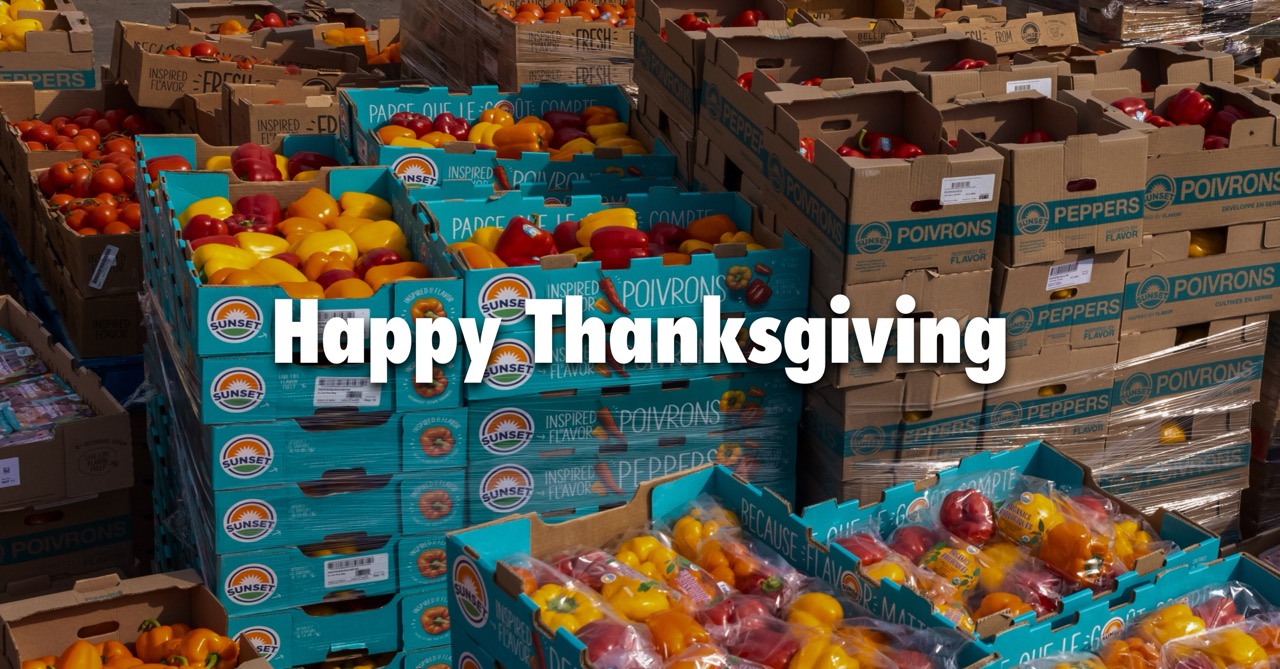
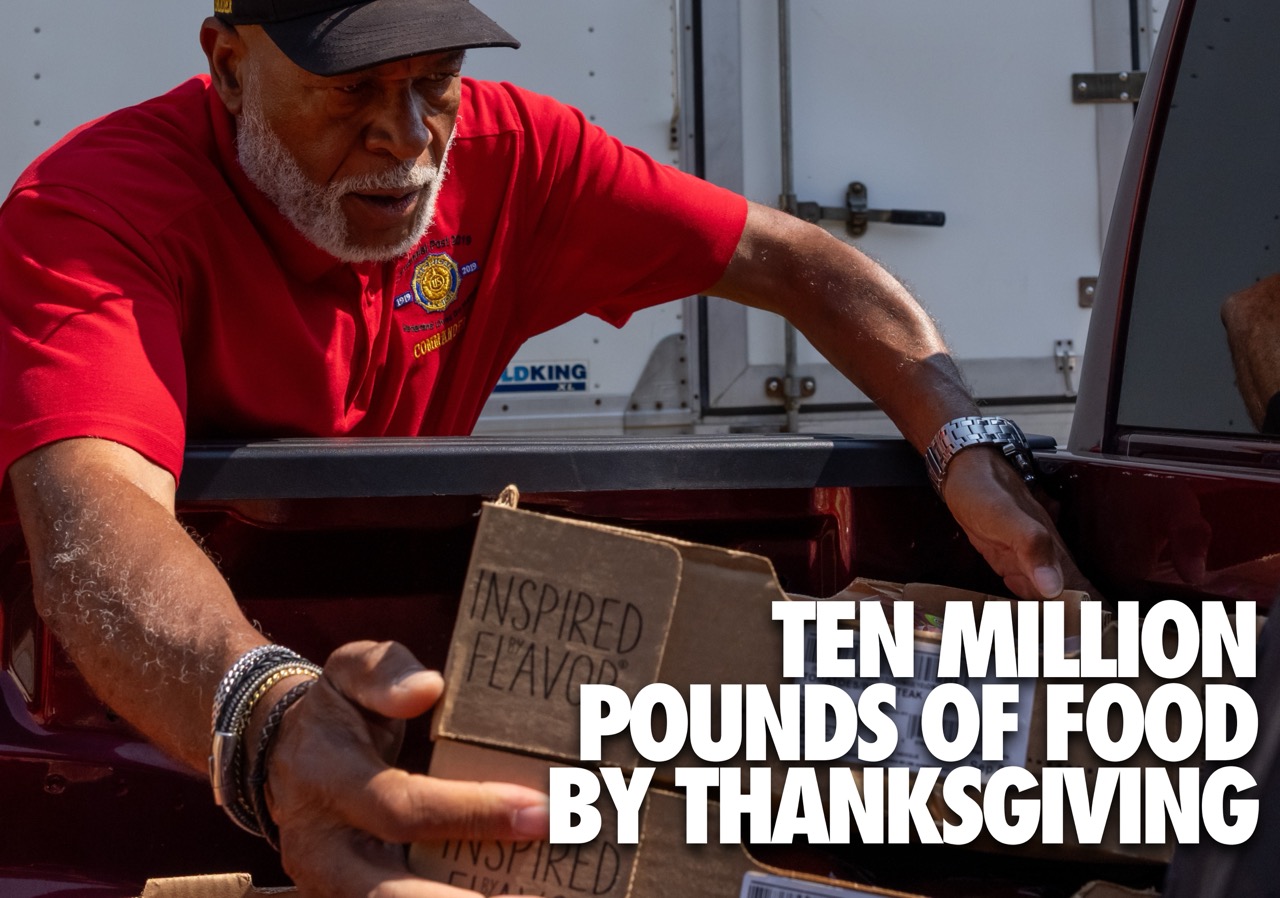
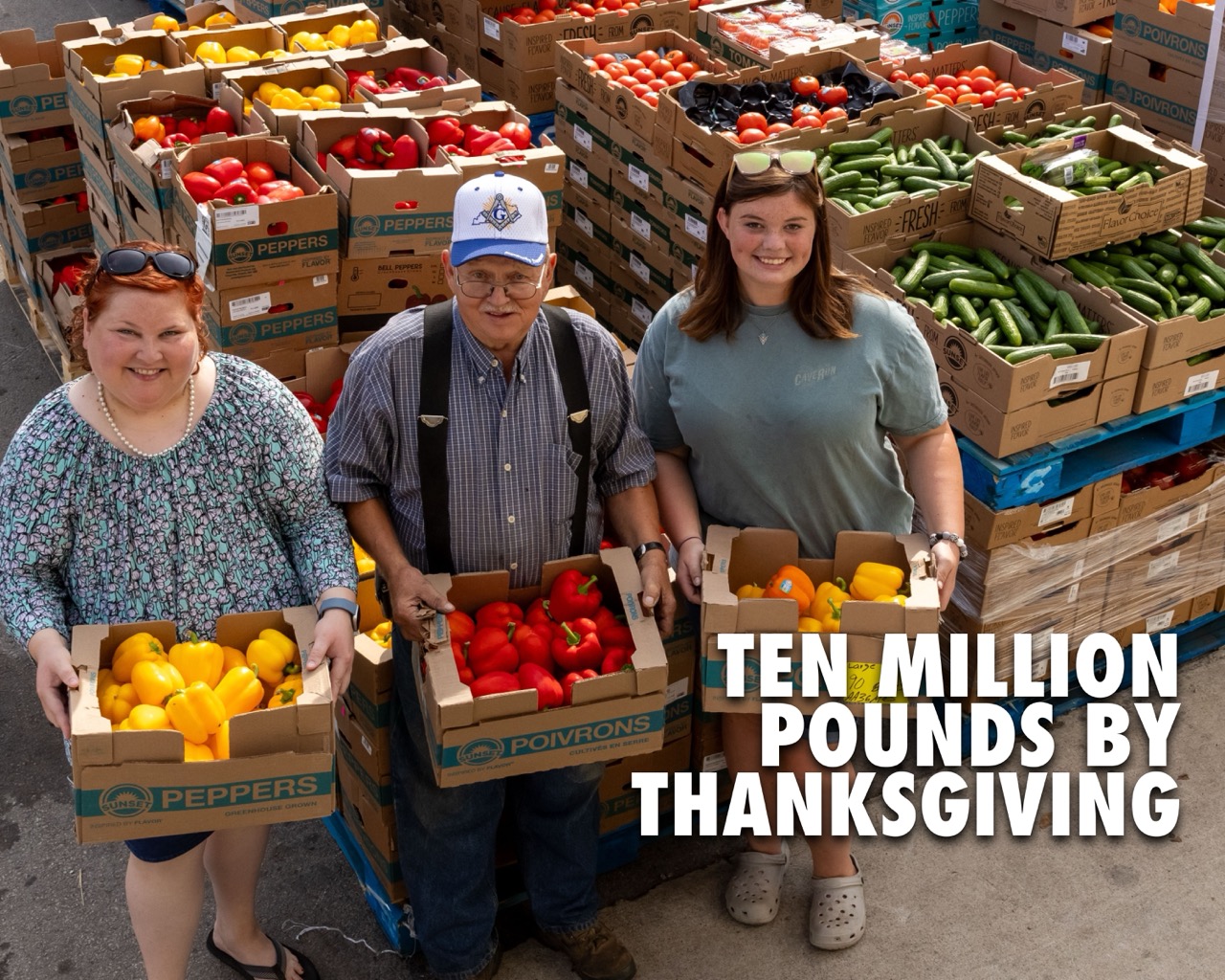
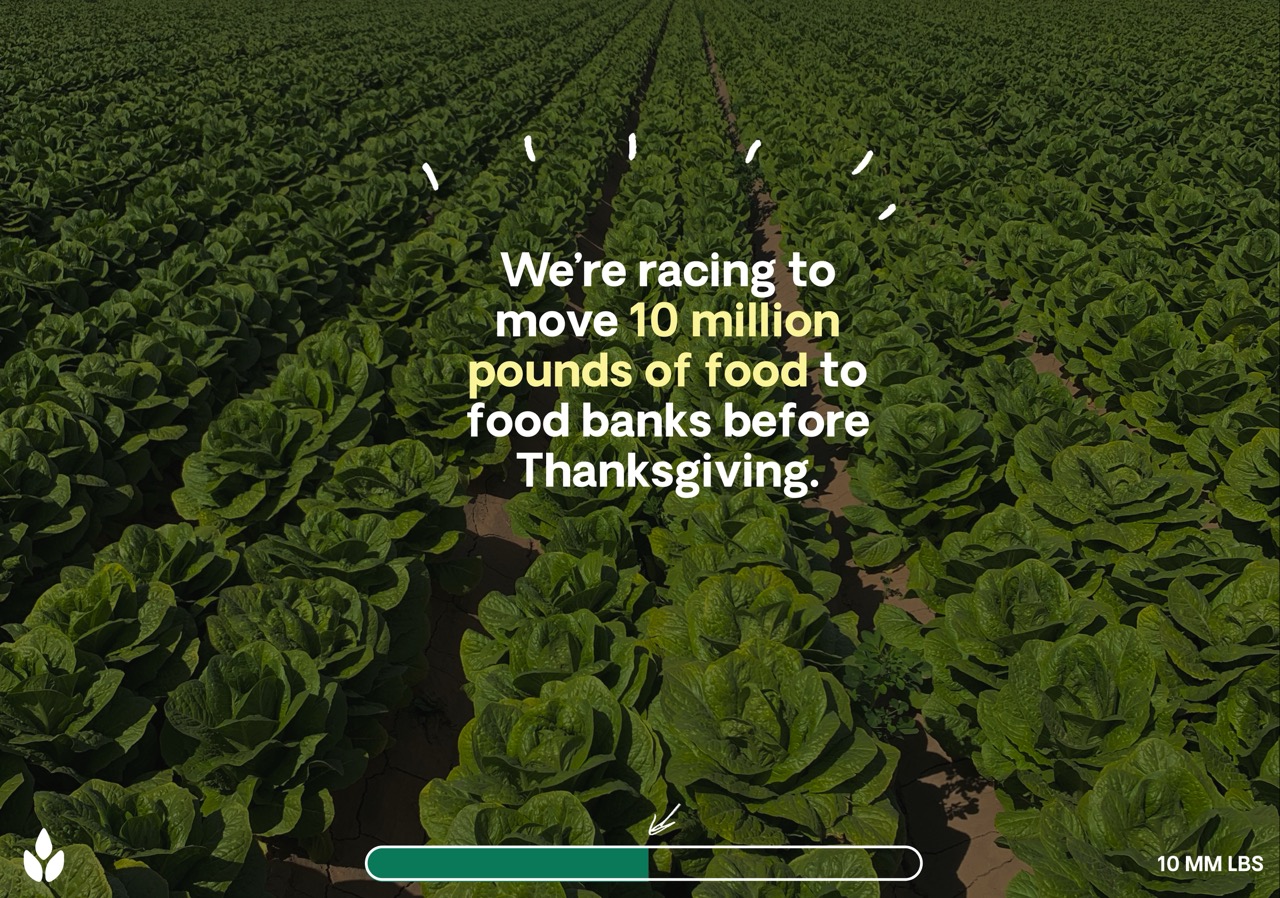
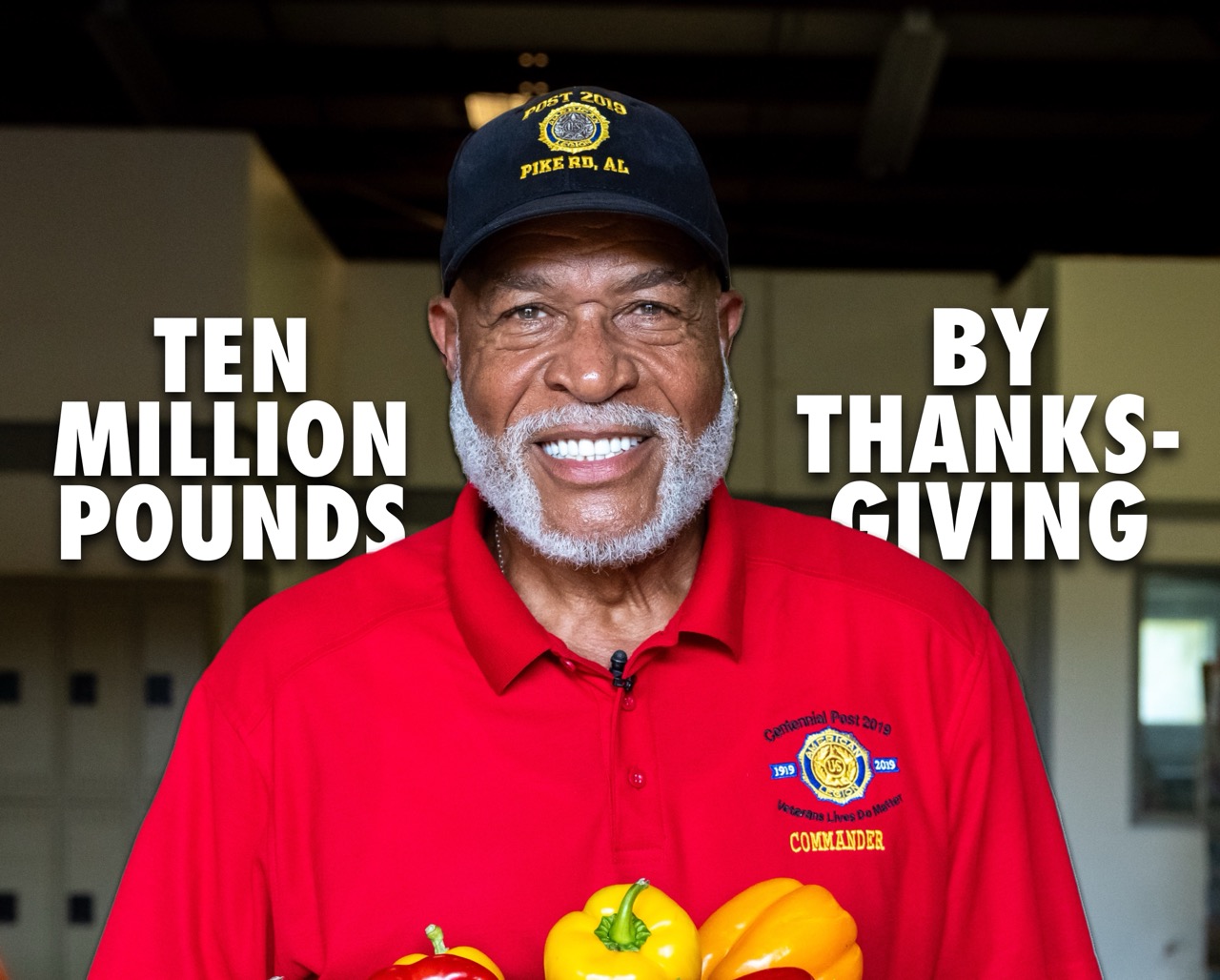
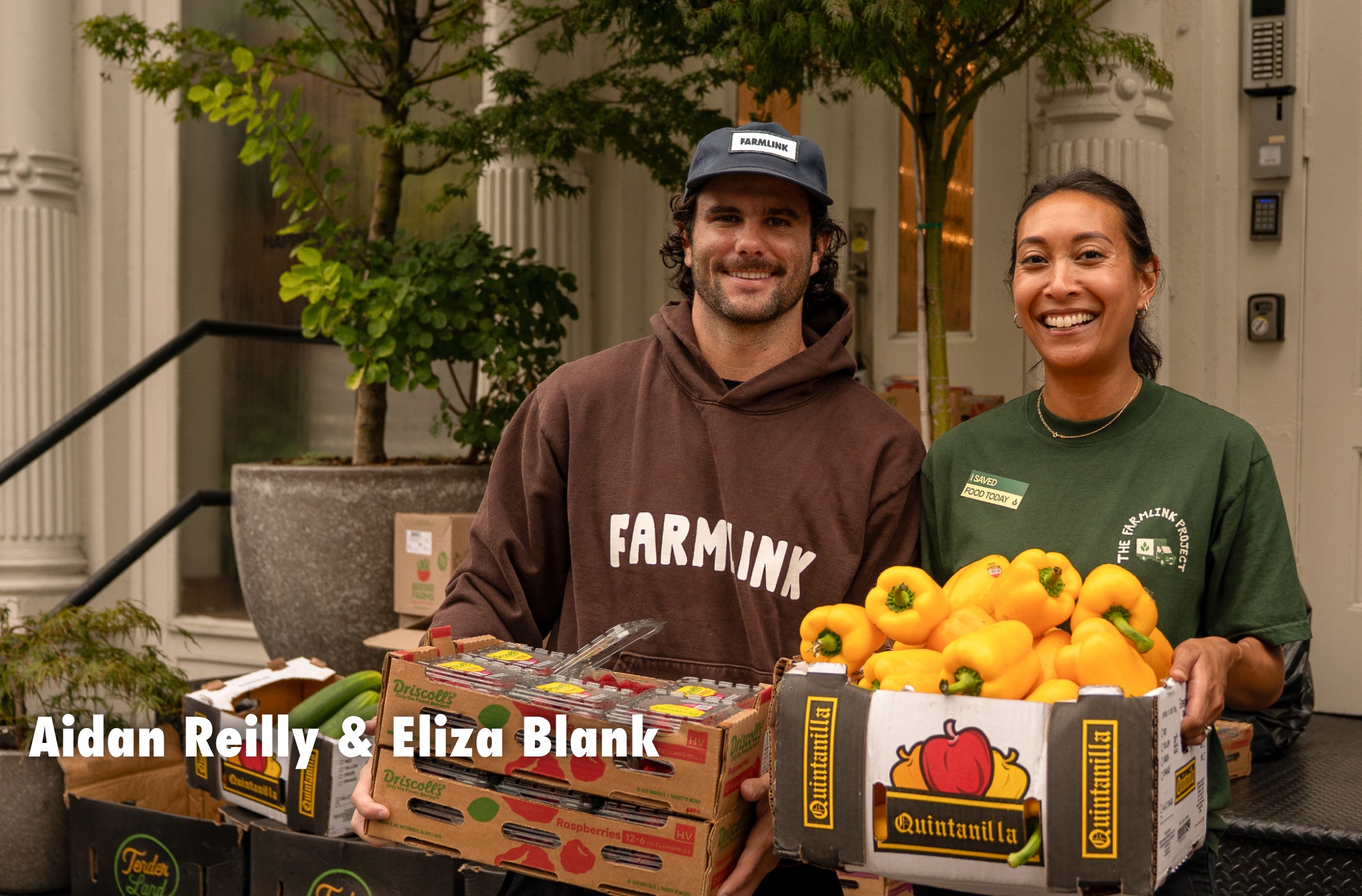
.svg)
.svg)
.svg)